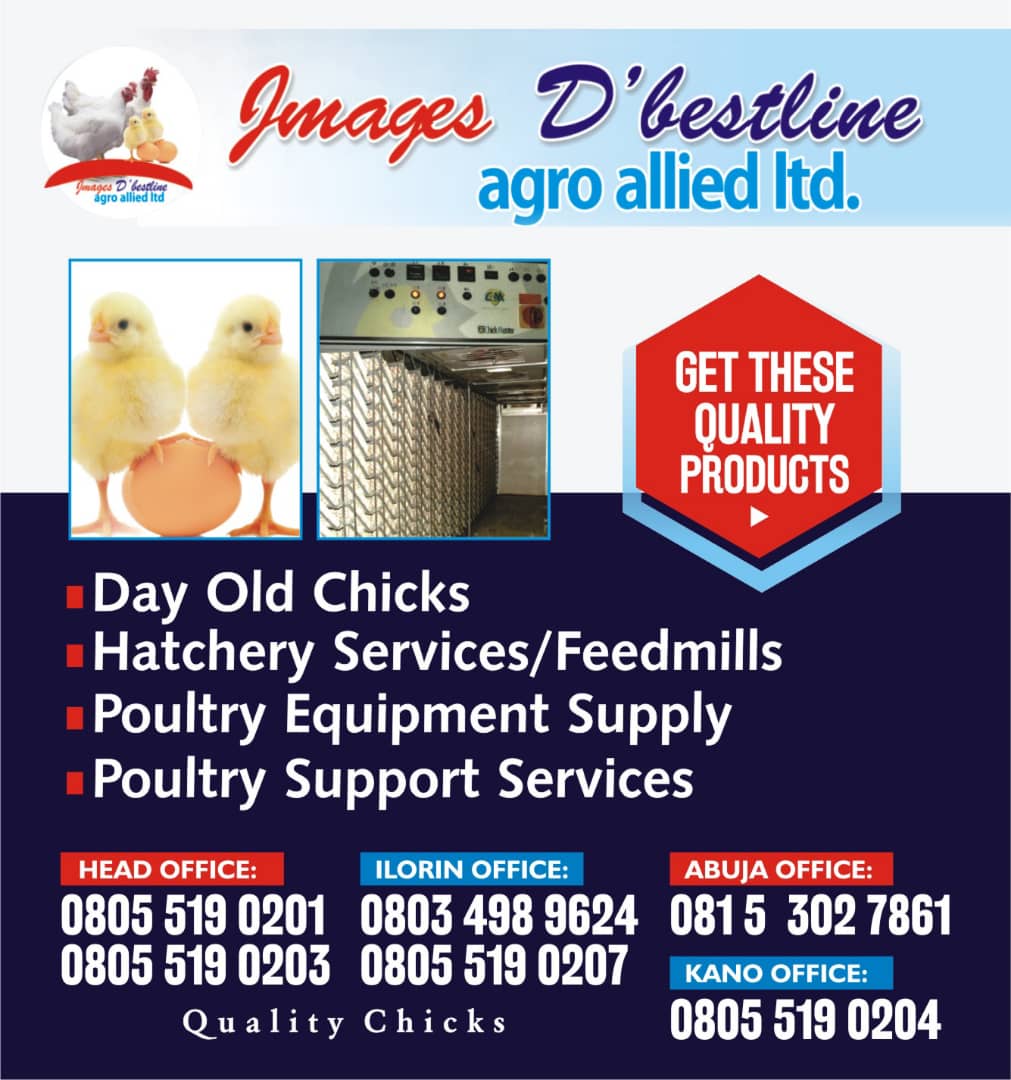 E- book offer of the day:
E- book offer of the day: 
 Poultry farming business report Volume 5
Poultry farming business report Volume 5
Effects of poor litter on your birds
When litter begins to retain moisture, it tends to clump together and become caked. Caked litter will bring about cases of hock and footpad burns, and breast blisters hence reducing the carcass quality of the birds.
 Learn More
Learn MoreAn increase in moisture content together with a rise in house temperatures leads to increased fermentation processes in the litter. Fermentation of wet litter contributes to an increase in ammonia emission from the bedding material. Ammonia content is higher in in wet litter.
Purchase this compelling ebook instantly. 
 21 most important poultry diseases with prevention, control & treatment
21 most important poultry diseases with prevention, control & treatment
Ammonia levels, if left too high, reduce the performance of broilers by reducing feed intake, cause irritation to mucus membranes, kerato-conjunctivitis (inflammation of the eyes involving the cornea and the conjunctiva), and air sac lesions. Poultry are most susceptible to elevated ammonia levels at one to twenty-one days of age, which is the early brooding period.
Wet litter may also cause an increase in pathogen loads and consequently, chances of a disease outbreak that may devastate the flock.
READ ALSO 12 important points on poultry parasitic diseases
A proper balance between temperature and ventilation will allow litter to remain dry and free of disease and harmful emissions. Poor health and poor growth rate are direct consequences of poorly managed litter.
Moisture can build up because the ventilation rate within the house is inadequate over a prolonged period. To prevent caking, ammonia buildup and all other issues brought about by wet litter, remove excess moisture within the litter by providing adequate ventilation.

Litter quality and performance
Keeping litter dry is a critical part of overall management on every poultry farm. Litter conditions influence bird performance, which in turn affects profits of growers and integrators.
READ ALSO 12 important points on Poultry nutritional diseases
Dry litter helps control ammonia levels and provides a healthy flock environment. Good litter and air quality can be maintained with proper ventilation, but it has to start when the previous flock goes out and continue throughout the stay of new flock. The trick is to stay one step ahead while being as efficient as possible
Invest in this knowledge-packed ebook promptly.  20 questions to ask your poultry farm manager everyday
20 questions to ask your poultry farm manager everyday
Maintain good ventilation to promote good performance, health and welfare in your broilers.
In conclusion, it is important to note that, in order to ensure healthy and profitable broilers, on top of acquiring a good bedding material, the farmer should also make sure to manage the litter quality. Always keep litter dry and loose in order to prevent ammonia and pathogen buildup and the negative consequences associated with this buildup throughout the flock.














